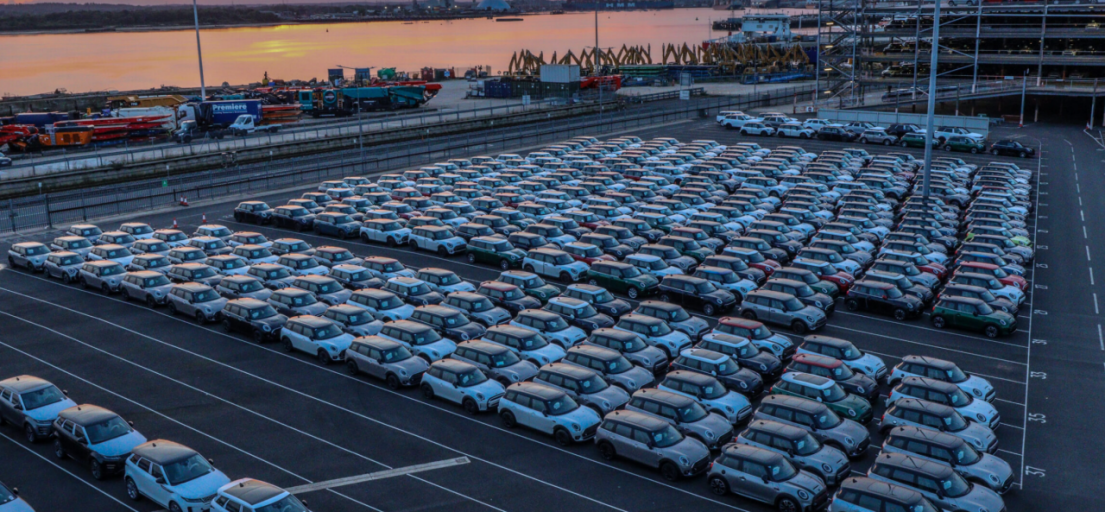According to data released by the Society of Motor Manufacturers and Traders (SMMT) on July 23, the production of new passenger and commercial vehicles in the UK fell by 11.9% year-on-year to 417,232 units in the first half of this year. Specifically, passenger car production decreased by 7.3% to 385,810 units, while commercial vehicle production saw a significant drop of 45.4% to only 31,422 units due to factory restructuring. Although passenger car production in June rose by 6.6% year-on-year to 66,317 units, ending a five-month decline, this increase is primarily attributed to a low production base last year, which was impacted by model updates and supply chain issues. In June 2022, passenger car production had decreased by 26.6% to 62,231 units. Despite the overall decline in new car production in the UK, the production of electrified passenger vehicles (including battery electric vehicles, plug-in hybrids, and hybrids) increased by 1.8% year-on-year to 160,107 units, capturing a record market share of 41.5%, which is expected to rise further this year. Notably, the UK passenger car production remains export-driven, with 76.9% of the output sold to overseas markets in the first half of the year. The EU remains the largest destination for UK car exports, accounting for 54.4%, followed by the US (15.9%), China (7.5%), Turkey (4.1%), and Japan (2.7%), with these five markets comprising over 80% of total UK car exports. Although UK passenger car exports have declined for the third consecutive month, the US continues to hold its position as the largest single export market for the UK, highlighting the importance of the US-UK trade agreement, which took effect on June 30, reducing tariff barriers for UK cars entering the US market and potentially serving as a foundation for future growth. Due to ongoing economic uncertainty from global trade issues, new car production in the UK is projected to decline by 15% to 755,000 units by 2025. However, industry analysts indicate that with adjustments in international trade dynamics, a rebound of 6.4% in new car production is anticipated for 2026, expected to surpass 800,000 units (800,300). By rapidly implementing a new industrial strategy, including reducing energy costs, accelerating infrastructure development, and addressing skill gaps, the UK aims to regain its competitive edge and return to the ranks of the world's top 15 car manufacturing nations, potentially generating an additional £50 billion in economic benefits. The UK government has also launched the DRIVE35 automotive strategy, which outlines a series of measures to support the industry and its economic and environmental goals. Additionally, with the announcement of electric vehicle subsidy policies, the government will provide £650 million in financial incentives, a move expected to energize the domestic market and further enhance the UK's appeal as an industrial investment destination. SMMT Chief Executive Mike Hawes noted, 'Global economic uncertainty and trade protectionism have impacted car production worldwide, and the UK is no exception. Therefore, while these figures were anticipated, they are still very disappointing. However, the UK automotive industry has laid the groundwork for a recovery in growth.' He also remarked, 'The UK automotive industry is transitioning towards future mobility technologies, and our excellent engineering capabilities, skilled workforce, and global reputation are our advantages. With a focused industrial strategy centered on advanced manufacturing and automotive industries, the UK automotive sector can reverse the current downward trend, create job opportunities, drive economic growth, and achieve decarbonization goals if implemented swiftly under the right conditions.'
UK Car Production Declines 11.9% in First Half of 2023

Share this post on: